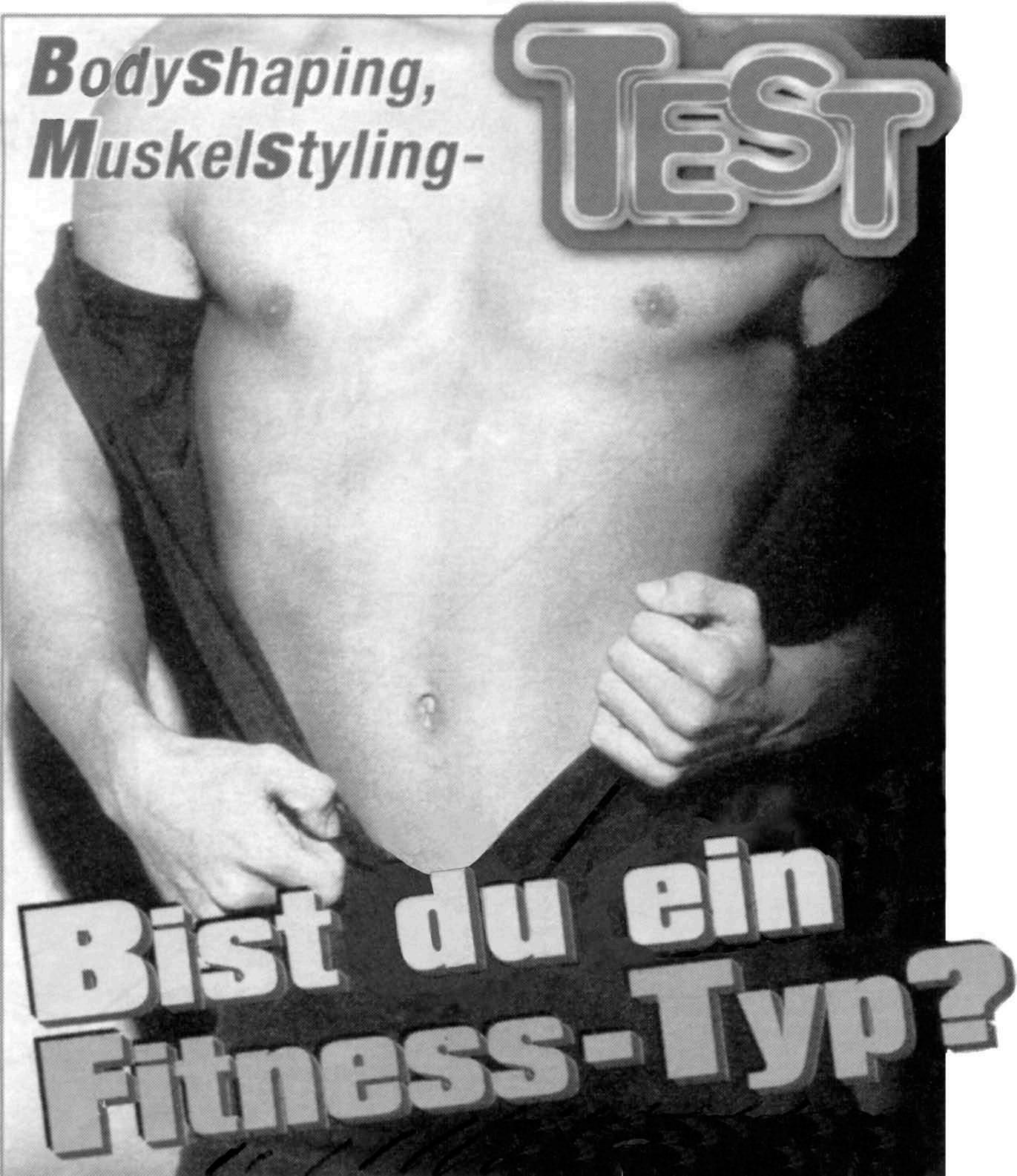38
The noun phrase: determiners and pronouns
Welcher (which) is an interrogative determiner and has the same endings as dieser. It can be used in the singular and plural: Which party will you vote for this time?
Welche Partei wählst du dieses Mal?
Wenig/wenige (little/few/not much/not many) usually has no ending in the singular, but the endings of dieser in the plural: The plane will be landing in a few minutes. He doesn’t have much time.
Das Flugzeug landet in wenigen Minuten. Er hat wenig Zeit.
3.7 Personal pronouns PRONOUNS are typically little words which stand for nouns or noun phrases. The PERSONAL PRONOUNS in English and German fall into three groups:
First person: the speaker (or a group including the speaker) Second person: the person(s) being addressed Third person: the other person(s) or thing(s) being spoken about. Like nouns, they have special forms to indicate gender (in the third person), plural and case:
singular
plural
person
nominative
accusative
dative
1st
ich
I
mich
mir
2nd
du
you
dich
dir
3rd masculine feminine neuter
er sie es
he she it
ihn sie es
ihm ihr ihm
1st
wir
we
uns
uns
2nd familiar polite (sg./pl.)
ihr Sie
you you
euch Sie
euch Ihnen
3rd
sie
they
sie
ihnen
NB There are genitive forms of the personal pronouns (meiner, deiner, seiner, etc.), but they are rarely used nowadays even in very formal registers.
Er, sie, es Because words for things can have any of the three genders in German, we find all three used where we would use ‘it’ in English.
In the singular, the third person pronouns take their gender from the noun which they refer to.










